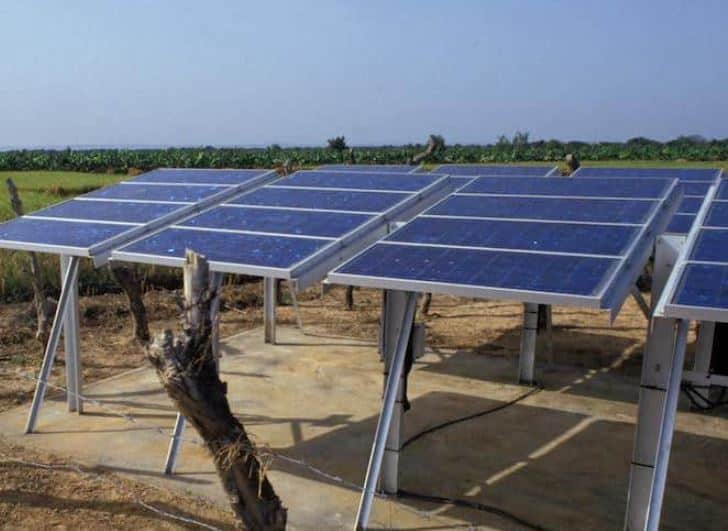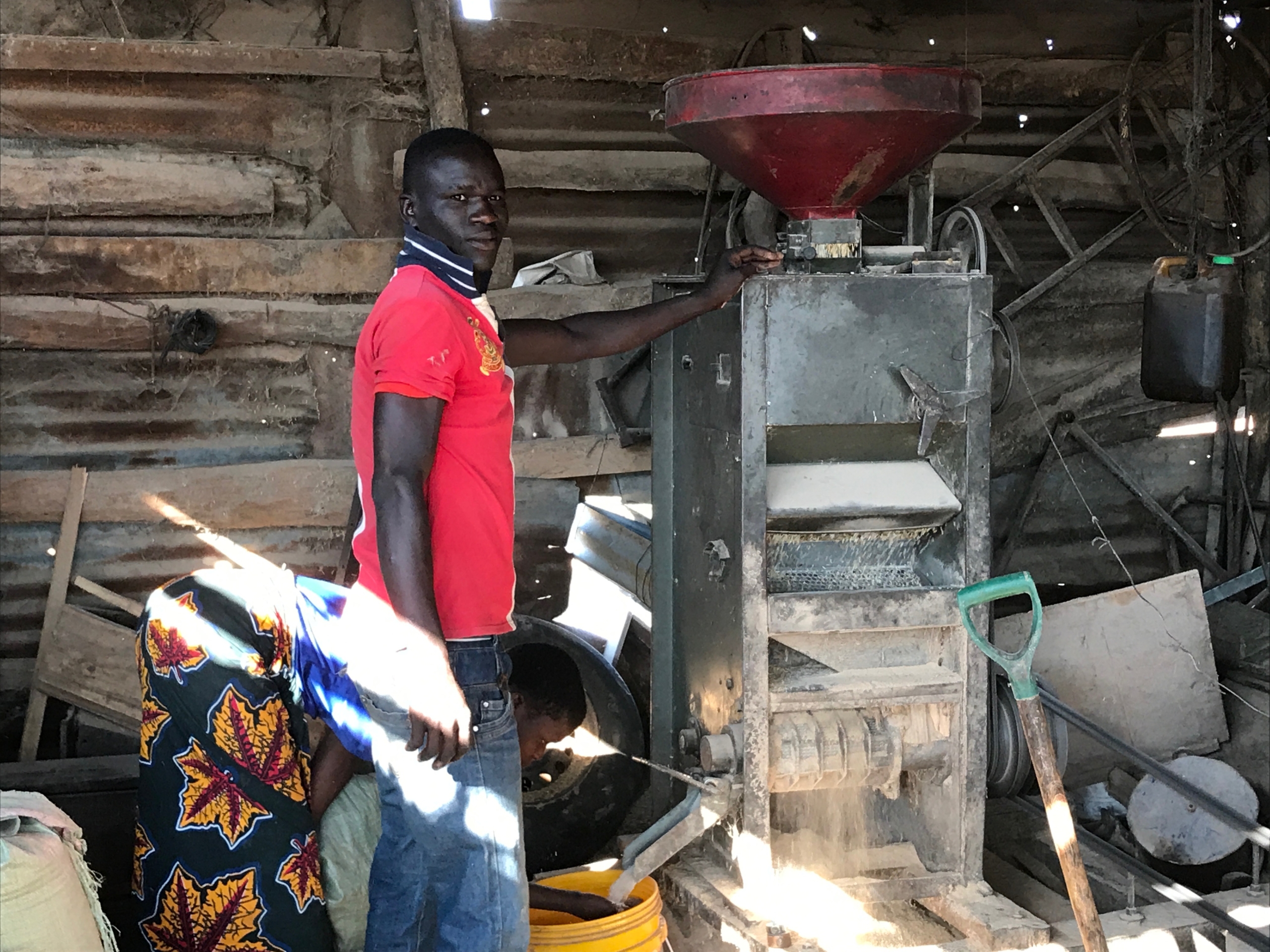Factor[e] Presents at the BASE Forum International Conference in Mexico City
FACTOR[e]’s Jason Prapas and Rahul Barua recently had the opportunity to attend and present at the BASE International Forum, created in 2011 by the Inter-American Development Bank (IDB), a FACTOR[e] partner. BASE was established to bring together a community of international stakeholders committed to “developing market-based business models that provide goods and services to the BOP in Latin America and the Caribbean.”
Over the last decade, 50 million Latin Americans moved from the $4/day BOP tier to the $10/day BOP tier – clearly much progress has been made, but the attendees all recognize there is a long road ahead. This year’s conference was hosted in Mexico City and focused on the formalization of commerce and increased connectivity. Development and access to hardware and software innovations can provide mom and pop retail stores and other SMEs with quicker transactions, access to information, communications capabilities, and a more formalized credit-delivery system and micro-insurance. Approximately 75% of BOP consumers in Mexico receive formal credit through department stores as opposed to financial institutions.
Chief Technology Officer at FACTOR[e], Jason Prapas was a panelist at the conference discussing how to produce scalable energy and transportation solutions for BOP consumers. For Prapas, two themes emerged from his panel and throughout the conference: it is critical for solution providers to deeply understand a day in the life of their customers before they integrate their energy solution into the market, and there is a clear need for both venture finance solutions to help startups gain early momentum and consumer finance to unlock solutions for customers willing to pay but with limited up front capital.
Investment Associate Rahul Barua returned from the conference interested in the discussion about the repositioning of social impact rhetoric as it relates to corporate investment discourse. According to speaker Erik Simanis, former Cornell researcher and leading BOP researcher, in order to win internal management support at large corporates (for BOP initiatives), the delivery of social impact benefits should be communicated as secondary to commercial objectives.
The Inter-American Development Bank (IDB), developed in 1959 “aims to achieve development in a sustainable, climate-friendly way.” Through grants, loans, and technical assistance, the IDB is able to provide development financing to help improve health and education, and advance infrastructure in both Latin America and the Caribbean. In 2007, the IDB created a sector called, The Opportunities for the Majority (OMJ) to encourage private sector companies, local governments, and communities to develop and deliver quality goods and services to those living in the bottom of the pyramid (BOP) by promoting and financing market-based, sustainable business models. FACTOR[e] and the Shell Foundation have been working with IDB since 2014 to transform early stage technologies in LA&C into scalable opportunities for impact.

 Catalytic Investing in Emerging Markets
Catalytic Investing in Emerging Markets The Nexus of Agriculture and Energy in Africa: Five Lessons for Bridging the Ag-Energy Gap
The Nexus of Agriculture and Energy in Africa: Five Lessons for Bridging the Ag-Energy Gap Looking Beyond Appliances: Systemic Barriers to Minigrid Demand Stimulation
Looking Beyond Appliances: Systemic Barriers to Minigrid Demand Stimulation The Clock is Ticking on Energy Access: Exploring Factor[e] Ventures’ Big Bet on Mini-Grids
The Clock is Ticking on Energy Access: Exploring Factor[e] Ventures’ Big Bet on Mini-Grids